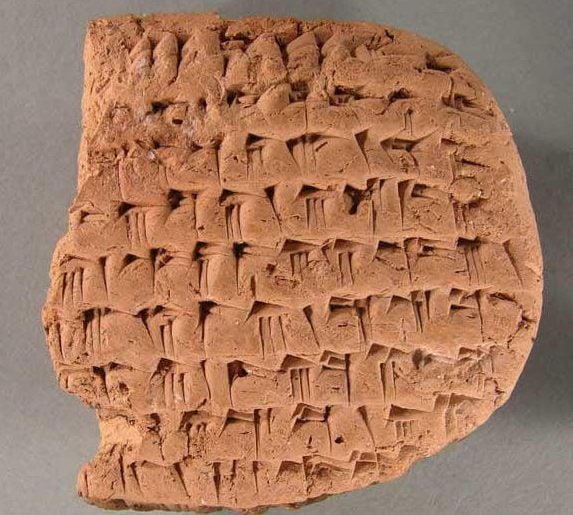FOR IMMEDIATE RELEASE
Contact: Trita Parsi
Phone: 202-386-6325
Email: [email protected]
Washington, D.C. — The National Iranian American Council (NIAC) applauds today’s unanimous decision in the Supreme Court of the United States rejecting the seizure of ancient Iranian antiquities, ending an over decade-long legal battle.
NIAC has argued that victims of terror deserve to be heard – that they deserve justice. But in NIAC’s view, the artifacts do not belong to the government of Iran, but the people of Iran, and as a result they cannot be confiscated to compensate victims of terror. Depriving millions of Iranians across the globe – who have no ties to terrorism, and unequivocally condemn terrorism – access to these precious artifacts by selling off their history and heritage to the highest bidder is itself an unjust act. These artifacts have always belonged to the people, and now, after an 8-0 ruling by the Supreme Court, they can continue to be appreciated by the people.
Since 2006, NIAC has supported the opposition to the seizure of the Persepolis tablets — clay tablets written in Aramaic and other ancient languages dating back to the fifth century BC that contain important clues about the religion, administration, society, and economy inside the ancient Persian empire.
The Persepolis tablets have been under threat of seizure for years following a deadly 1997 attack by Hamas suicide bombers in a crowded pedestrian mall in Jerusalem. Victims of the attack and their families filed suit against the government of Iran for providing support to Hamas, and won a default judgment of $71.5 million. Iran did not pay, and the Plaintiffs have been trying to seize the Persepolis tablets, which they alleged were the property of Iran, to satisfy their judgement by auctioning off the artifacts on display at Chicago’s Field Museum of Natural History and the Oriental Institute at the University of Chicago.
NIAC helped the University of Chicago fight against the seizure of the Persepolis tablets in court, by filing a 2008 amicus brief with the federal appellate court, fought in the halls of Congress, and even fought in the White House. After a hard fought ten years by the University, we are relieved that the Persepolis tablets are finally safe.
Back to top